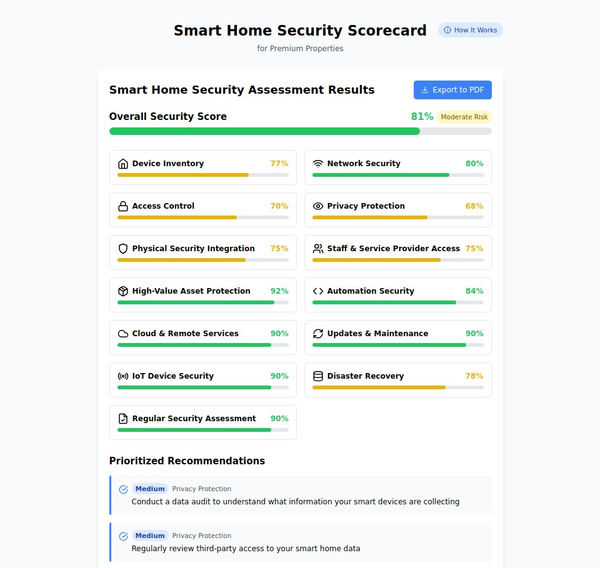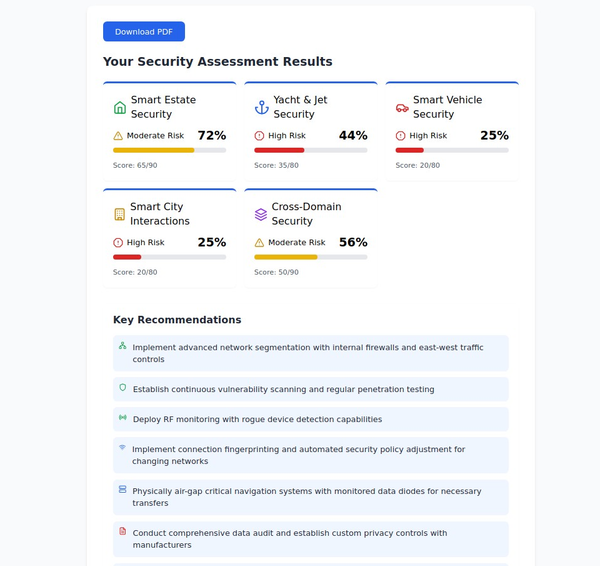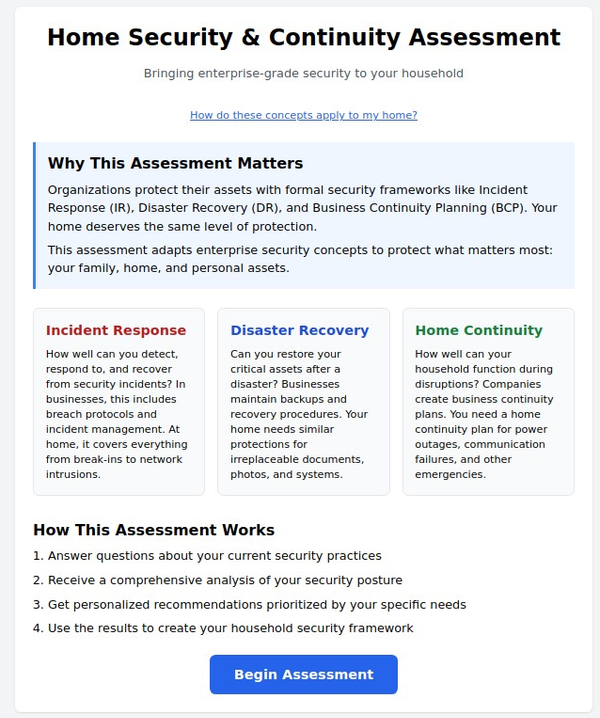Understanding Data Brokers and Personal Information Cross-Triangulation

Introduction
Data brokers are companies that collect, analyze, and sell personal information about individuals from various sources. This information can be used to create detailed profiles that include sensitive data such as home addresses, purchasing habits, social connections, and more. The practice of cross-triangulation involves combining data from multiple sources to infer additional details about individuals, potentially compromising privacy.

How Data Brokers Collect and Use Personal Information
1. Sources of Data Collection
a. Public Records
- Data brokers access public records such as property deeds, voter registrations, and court documents to gather information.
b. Online Activity
- Browsing history, search queries, and social media activity are tracked through cookies and web beacons.
c. Consumer Transactions
- Purchase history from retailers and e-commerce sites is collected, often through loyalty programs.
d. Surveys and Contests
- Information provided by individuals in surveys, contests, or sweepstakes can be aggregated and sold.
e. Third-Party Data Sharing
- Companies may share customer data with data brokers, including information from apps and services used by individuals.
Cross-Triangulation and Privacy Risks
Cross-triangulation involves combining data from different sources to create comprehensive profiles. This process can reveal sensitive information, including:
1. Home Addresses
- Example: By analyzing property records, social media posts (e.g., photos tagged at home), and delivery addresses from online purchases, data brokers can accurately determine an individual’s home address.
2. Social Connections
- Example: Data brokers can map out social networks by cross-referencing friends and family members mentioned in public records, social media connections, and shared online activities.
3. Behavioral Patterns
- Example: By analyzing online activities, purchase history, and location data, data brokers can infer daily routines, preferred shopping locations, and even travel habits.
Implications of Cross-Triangulation
1. Targeted Advertising
- Detailed profiles allow advertisers to target individuals with highly specific ads, which can feel intrusive and exploit personal data without consent.
2. Identity Theft
- Comprehensive profiles make it easier for malicious actors to perform identity theft by accessing enough personal details to bypass security measures.
3. Discrimination
- Employers, insurers, and lenders may use profiles to make decisions, potentially leading to discrimination based on inferred data.
Protecting Your Privacy from Data Brokers
1. Limit Data Sharing
- Opt-Out Options: Many data brokers offer opt-out options for individuals to request the removal of their data from databases.
- Privacy Settings: Regularly review and adjust privacy settings on social media platforms to limit the visibility of personal information.
2. Use Privacy Tools
- Ad Blockers: Use ad blockers to prevent trackers from collecting browsing data.
- VPNs (Virtual Private Networks): Use a VPN to encrypt internet traffic and hide your IP address.
3. Be Cautious with Personal Information
- Minimize Sharing: Avoid sharing sensitive information such as home addresses and phone numbers publicly or in online forms.
- Review Permissions: Regularly review app and service permissions to limit data access.
4. Monitor Your Digital Footprint
- Regular Checks: Periodically search for your name online to see what information is publicly accessible and take steps to remove or secure it.
- Credit Monitoring: Use credit monitoring services to detect and respond to unauthorized financial activities.
Examples of Data Brokers
- Acxiom: One of the largest data brokers, providing detailed consumer profiles for marketing purposes.
- Website: Acxiom
- Experian: Known for credit reporting, Experian also collects extensive consumer data for various uses.
- Website: Experian
- Epsilon: Specializes in data-driven marketing, compiling vast amounts of consumer information.
- Website: Epsilon
- CoreLogic: Provides property-related data, including home addresses and real estate transactions.
- Website: CoreLogic
Conclusion
Understanding the role of data brokers and the risks associated with cross-triangulation of personal information is crucial for protecting your privacy. By taking proactive steps to limit data sharing and monitoring your digital footprint, you can mitigate the risks posed by data brokers and ensure better privacy for you and your family.
References
- Privacy Rights Clearinghouse: Data Brokers and Your Privacy
- FTC: Data Brokers: A Call for Transparency and Accountability
- Electronic Frontier Foundation (EFF): Who Has Your Back?
How to Clean Information from Data Brokers and Doxing Sites
Introduction
Personal information often ends up on data broker sites and doxing websites, making it accessible to anyone online. This poses significant privacy and security risks. Here’s a step-by-step guide on how to remove your information from these sources to protect yourself and your family.
Step 1: Identify Data Brokers and Doxing Sites
1. Data Brokers
- Common data brokers include Acxiom, Experian, Epsilon, CoreLogic, and LexisNexis.
2. Doxing Sites
- These include people search websites like Spokeo, Whitepages, MyLife, and Intelius.
Step 2: Opt-Out from Data Brokers
1. Manual Opt-Out
- Acxiom: Visit Acxiom Opt-Out and follow the instructions to opt out.
- Experian: Use the Experian Opt-Out Form to submit your request.
- LexisNexis: Visit LexisNexis Opt-Out for instructions on removing your data.
- Epsilon: Send an opt-out request to optout@epsilon.com.
2. Using Third-Party Services
- DeleteMe: A service that helps remove your personal information from data broker sites. Visit DeleteMe for more details.
- OneRep: Provides a similar service to DeleteMe, focusing on removing information from various data brokers. Visit OneRep to learn more.
Step 3: Opt-Out from People Search Sites
1. Manual Opt-Out
- Spokeo: Visit Spokeo Opt-Out and follow the instructions.
- Whitepages: Go to Whitepages Opt-Out and submit your request.
- MyLife: Visit MyLife Opt-Out and fill out the form.
- Intelius: Use Intelius Opt-Out to remove your information.
Step 4: Regularly Monitor and Maintain Privacy
1. Set Google Alerts
- Create Google Alerts for your name to get notified when new information about you appears online. Visit Google Alerts to set this up.
2. Use Privacy Tools
- Privacy Badger: A browser extension that blocks trackers. Visit Privacy Badger.
- AdBlock Plus: Blocks ads and trackers. Visit AdBlock Plus.
3. Regular Checks
- Periodically search for your name on search engines and people search websites to ensure your information has been removed.
Step 5: Enhance Online Privacy
1. Secure Social Media Accounts
- Adjust privacy settings to limit who can see your information.
- Avoid sharing personal details like your home address or phone number publicly.
2. Use Alias and Pseudonyms
- Consider using aliases or pseudonyms for non-essential online accounts to protect your identity.
3. Review App Permissions
- Regularly review and adjust permissions for apps on your devices to minimize data sharing.
Step 6: Legal Actions and Additional Support
1. Contact Legal Counsel
- If doxing or unauthorized data sharing leads to harassment or threats, consider consulting with a lawyer for potential legal actions.
2. Report to Authorities
- Report any serious doxing incidents or threats to local law enforcement.
Conclusion
Cleaning your information from data brokers and doxing sites requires diligence and ongoing effort. By following these steps and using available tools and services, you can significantly enhance your online privacy and protect your personal information.
References
- Privacy Rights Clearinghouse: Data Brokers and Your Privacy
- DeleteMe: How DeleteMe Works
- OneRep: OneRep Service
- FTC: How to Opt Out of Data Broker Lists
- EFF: Privacy Badger
- AdBlock Plus: AdBlock Plus
By taking proactive measures, you can protect your and your family’s privacy from data brokers and doxing sites, reducing the risk of identity theft, harassment, and other privacy violations.
How Smart Home IoT Devices Create Detailed Personal Data Profiles
Introduction
In 2024, the integration of AI with IoT devices in smart homes has significantly expanded the scope and granularity of personal data collection. This data is used for targeted advertising, personalized content delivery, and other purposes, creating detailed profiles that can be more comprehensive than those created by previous data analysis efforts, such as Cambridge Analytica.
Data Collection by Smart Home IoT Devices
1. Types of Data Collected
a. Behavioral Data
- Usage Patterns: Smart devices track how often and when they are used. For example, smart thermostats log temperature preferences and schedules.
- Activity Monitoring: Smart security cameras and motion sensors record movement within and around the home.
b. Environmental Data
- Climate and Energy Use: Smart thermostats and lighting systems monitor indoor climate and energy consumption.
- Air Quality: Smart air purifiers and HVAC systems track indoor air quality metrics.
c. Personal Preferences
- Media Consumption: Smart TVs and speakers record viewing and listening habits.
- Shopping Habits: Smart refrigerators and voice assistants track grocery lists and shopping preferences.
2. Advanced Data Analysis with AI
a. Pattern Recognition
- AI algorithms analyze data to recognize patterns in daily routines, energy usage, and other behaviors. This helps in creating detailed profiles of user habits.
b. Predictive Analytics
- AI uses historical data to predict future behaviors, such as when someone is likely to adjust the thermostat or purchase groceries.
c. Personalized Recommendations
- Based on the analysis, AI systems provide personalized recommendations for products, media content, and energy-saving tips.
Comparison with Cambridge Analytica
Cambridge Analytica famously used data from Facebook to create psychological profiles for political campaigning. While their methods were controversial, the scope and scale of data collection by modern smart home devices can be much broader.
1. Scope of Data
- Cambridge Analytica: Primarily used social media data, including likes, shares, and interactions, to infer psychological traits and preferences.
- Smart Home Devices: Collect a wider range of data, including physical movement, environmental conditions, media consumption, and even biometrics (e.g., sleep patterns from smart mattresses).
2. Granularity of Profiles
- Cambridge Analytica: Focused on psychological profiling based on online behavior.
- Smart Home Devices: Create comprehensive profiles that include daily routines, energy usage, health data, and personal preferences, providing a much more detailed picture of an individual’s life.
Implications for Privacy and Security
1. Targeted Advertising
- The detailed profiles created by smart home devices allow advertisers to deliver highly personalized ads. For instance, if a smart fridge notices a user often buys a certain brand of milk, ads for that brand or similar products may be shown across different platforms.
2. Data Security Risks
- The vast amount of data collected by smart home devices poses significant security risks. Breaches can lead to exposure of sensitive information about daily routines, health status, and personal habits.
3. Ethical Concerns
- The extent of data collection and the potential for misuse raise ethical questions about consent and the right to privacy. Users often may not be fully aware of how much data is being collected and how it is being used.
Best Practices for Protecting Privacy
1. Device Security
- Use strong, unique passwords for all smart home devices.
- Enable two-factor authentication (2FA) where possible.
2. Network Security
- Use a secure, encrypted Wi-Fi network (WPA3 or WPA2).
- Regularly update router firmware and smart device software.
3. Data Management
- Review and adjust privacy settings on smart devices to limit data sharing.
- Regularly audit and delete old data that is no longer needed.
4. Awareness and Education
- Stay informed about the data collection practices of smart home device manufacturers.
- Educate all household members about the importance of privacy and security.
Conclusion
Smart home IoT devices, combined with AI, have significantly enhanced the capability to create detailed personal profiles based on a vast array of data points. While this can lead to improved convenience and personalized experiences, it also raises significant privacy and security concerns. By understanding these risks and implementing best practices, users can better protect their personal information and maintain control over their digital footprint.
References
- EFF: The Impact of Smart Home Devices on Privacy
- FTC: Understanding AI and Privacy
- Wired: How Smart Homes Are Collecting Data
By staying informed and taking proactive measures, individuals can navigate the complexities of smart home technology and protect their personal privacy in the digital age.
